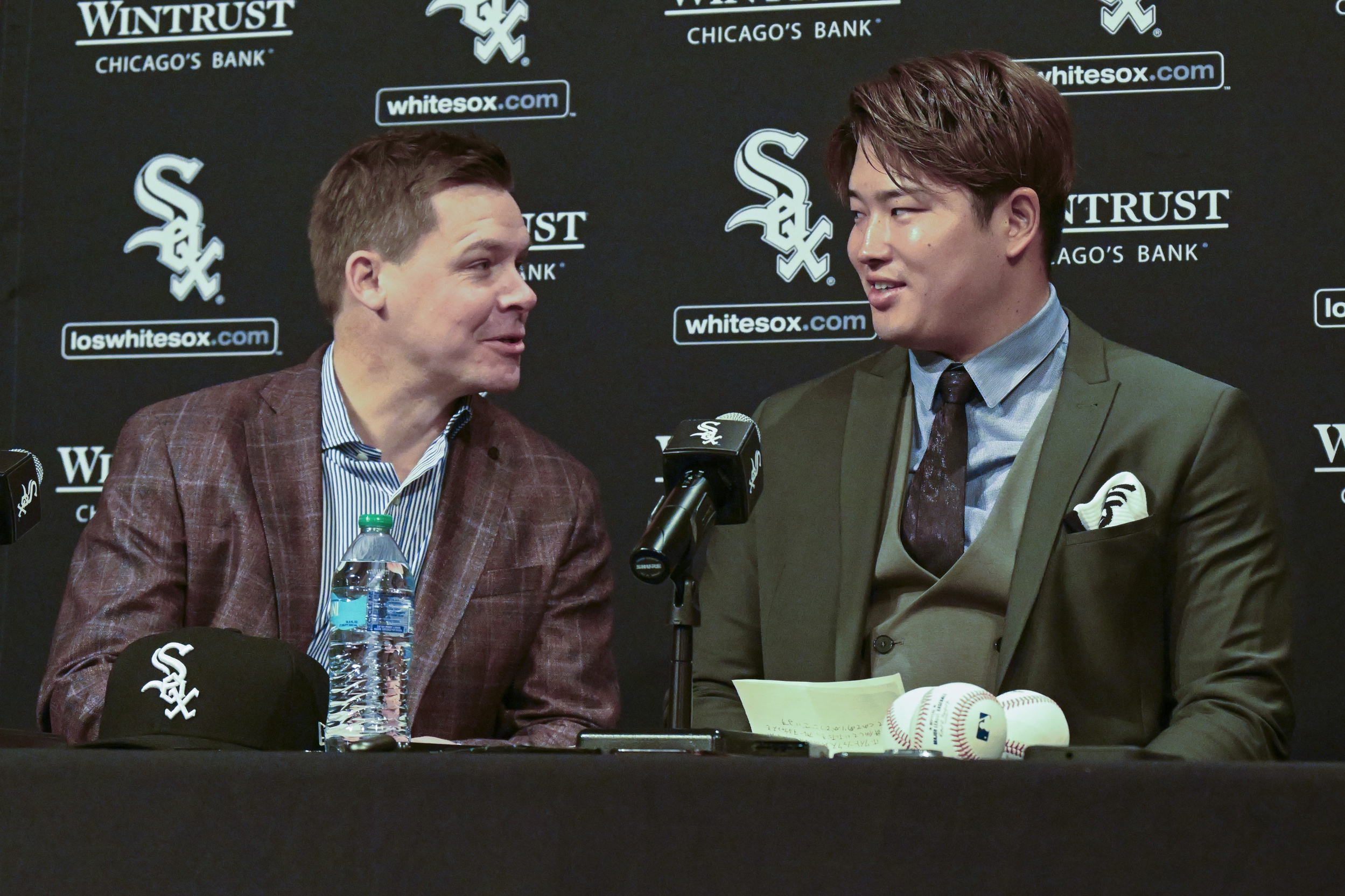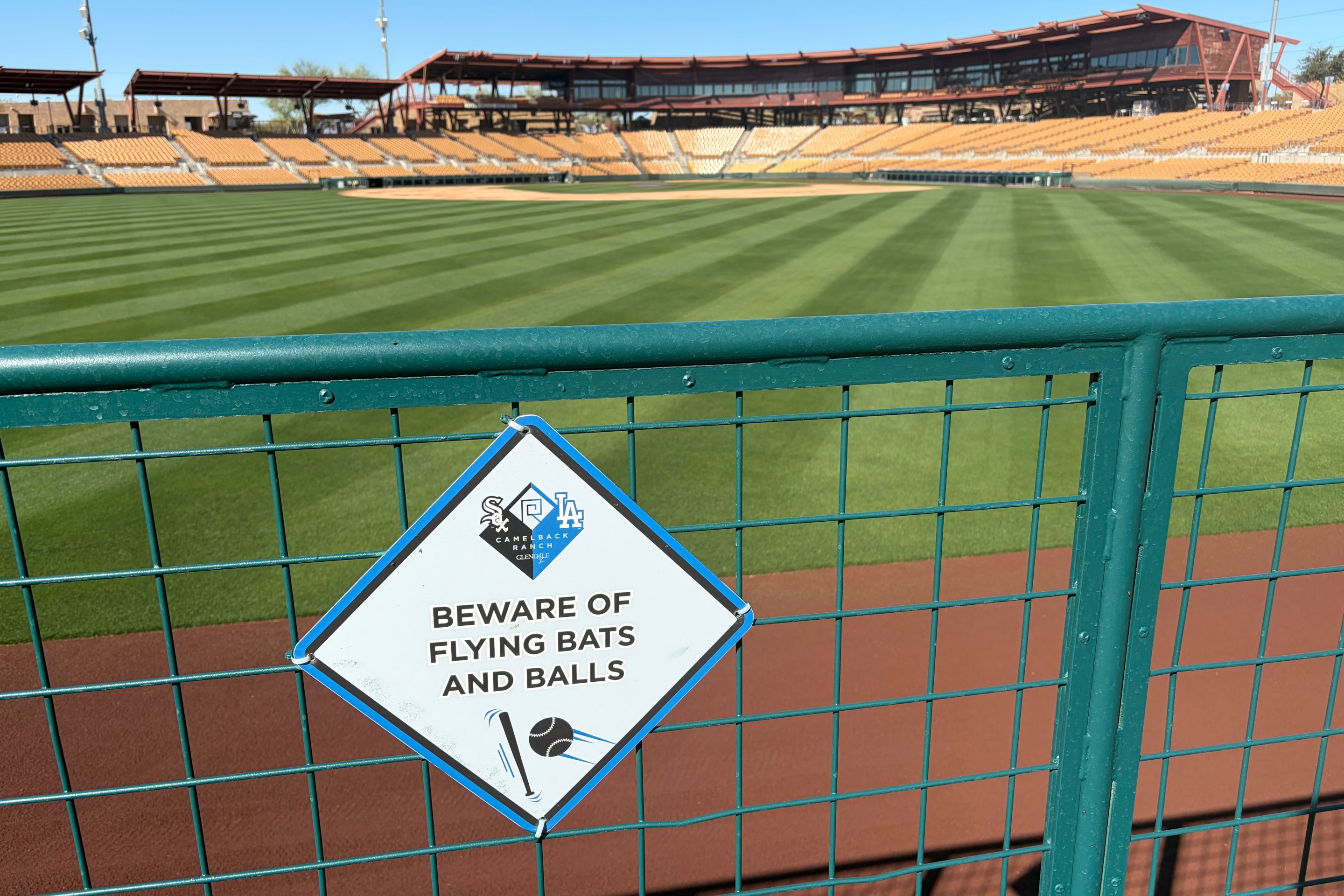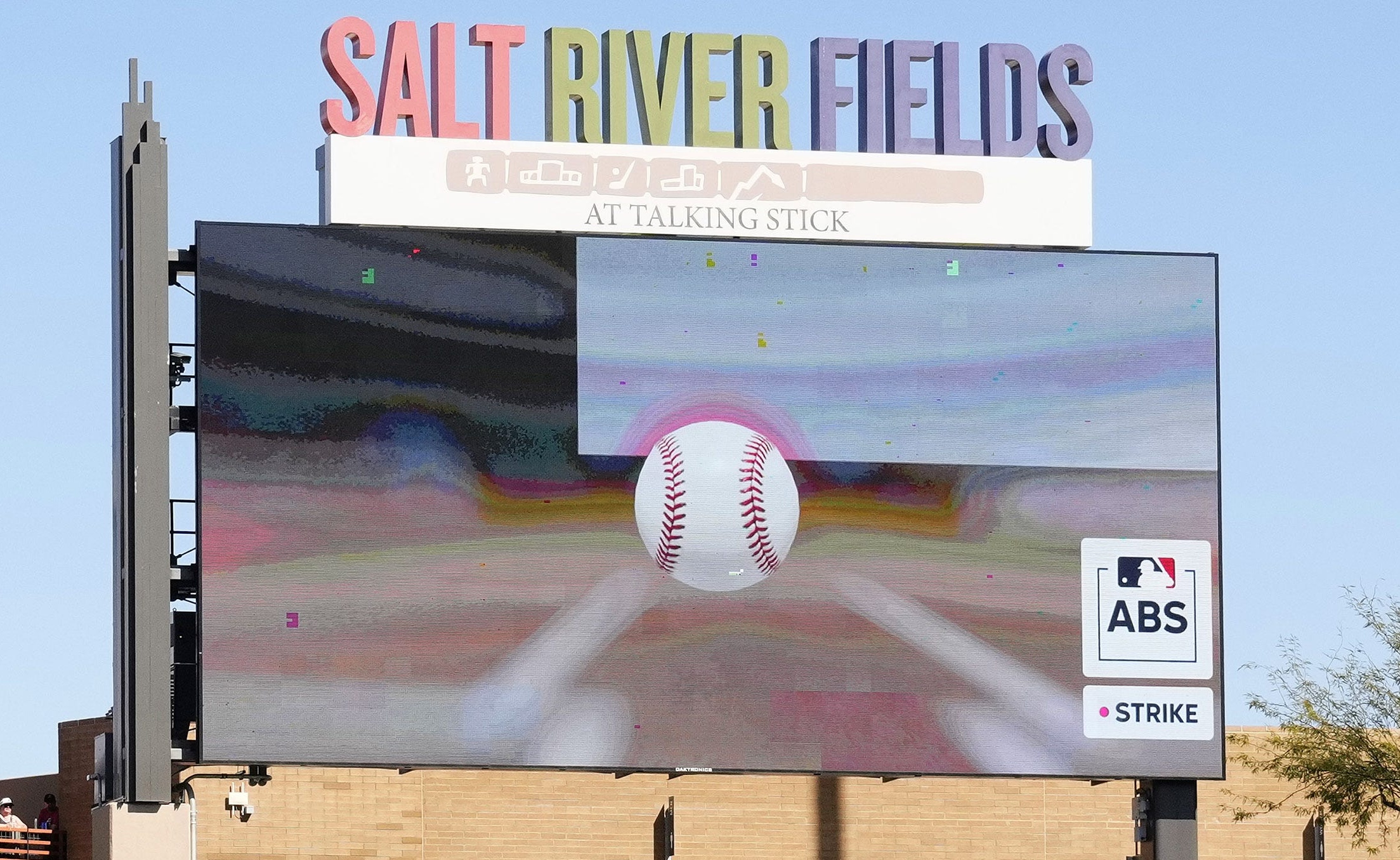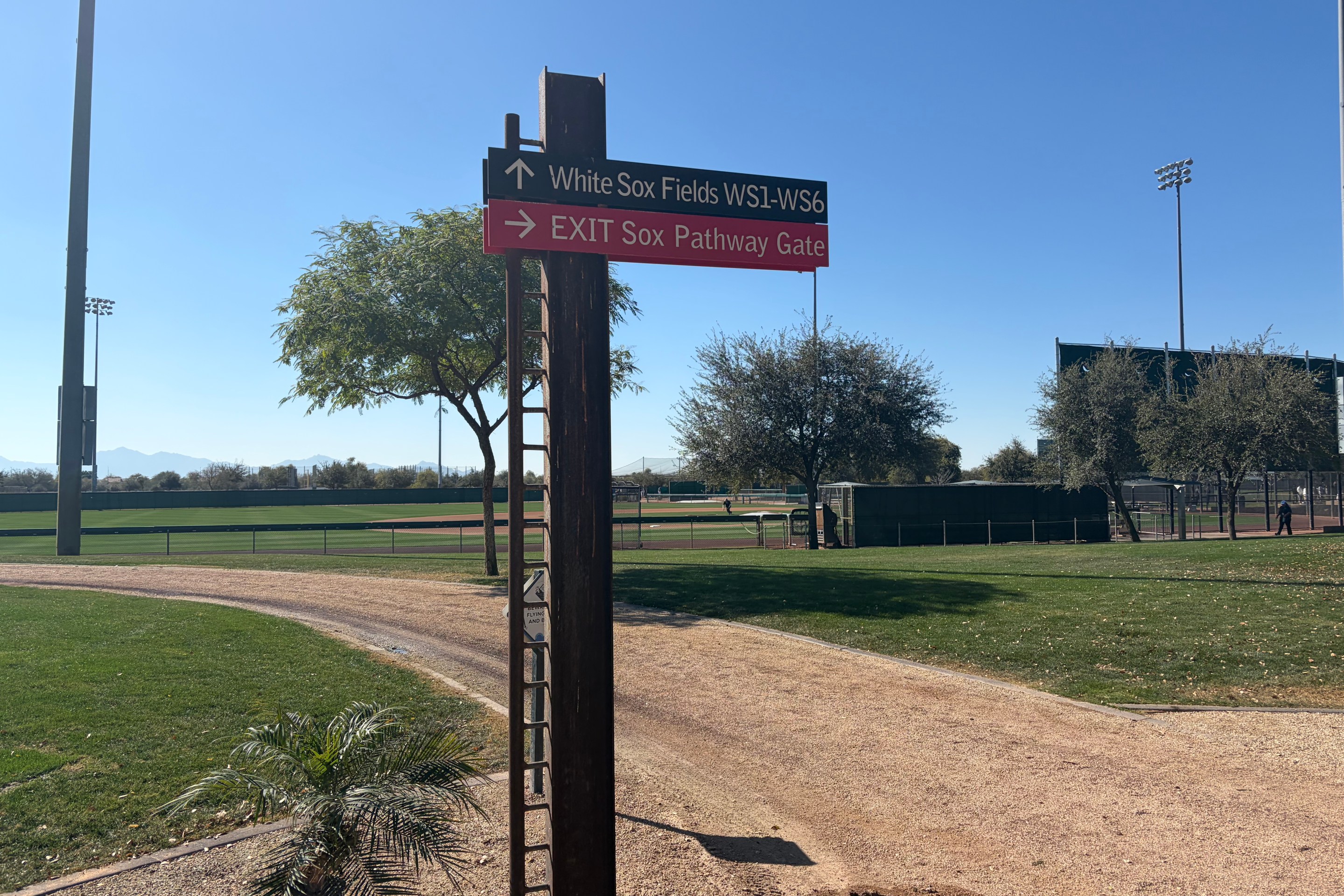At the start of the process that led to the White Sox hiring Will Venable last year, Chris Getz said he started with a list of 60 names, whittling it down to 20 candidates they talked to, then five they took to a final stage. In the end, he ended up selecting a World Series-winning associate manager, which seems pretty straightforward.
Perhaps it was due to a lack of turnover. There were only three managers hired the previous winter, when Venable was preceded by Terry Francona (who was hired in Cincinnati) and Clayton McCullough (who interviewed with the White Sox, and was hired by Miami). They represented typical sources of managers -- ones with MLB managerial experience, or coaches from successful MLB staffs. McCullough didn't have MLB playing experience, but he was a professional catcher who managed seven seasons in the minors.
That all stands in stark contrast to this offseason, which features nine managerial vacancies, eight of which have been filled, with the Rockies the only team remaining (we'll get to them in a bit).
Of the confirmed hires, half have come from that traditional background:
Skip Schumaker (Rangers) and Derek Shelton (Twins): Former managers who are getting a second chance with a new organization after barely any time out of a dugout.
Walt Weiss (Braves): Former manager getting a second chance 10 years after the end of his first one, promoted from bench coach after the retirement of Brian Snitker.
Craig Albernaz (Orioles): Cleveland bench coach who was a candidate in the 2024 carousel before removing himself from consideration.
The others, however, are pretty wild:
Tony Vitello (Giants): Wildly successful college coach with no professional playing or coaching experience.
Kurt Suzuki (Angels): Former catcher going from the front office to the dugout with no coaching experience, and on a one-year contract.
Blake Butera (Nationals): At 33, the former senior player development director for the Rays is the youngest manager in more than 50 years.
Craig Stammen (Padres): Former reliever going from the front office to the dugout with no coaching experience.
That's makes for a lot of experiments in one season, which will be fascinating from a third-party standpoint, but it makes Ken Rosenthal a little itchy.
All industries should welcome new ways of thinking. Baseball has done a good job of that over the past two decades, benefiting from advances in analytics and technology. Yet there is still risk in trying to be too creative with hires. It’s doubtful all of them will work out as intended.
What exactly is it some teams want, other than to do something different? Beats me. Their supposed boldness goes only so far.
In a sense, I get it, especially if you're connected with minor league managers who are befuddled by the path forward. But I'd probably wait until multiple seasons where off-the-radar hires dominate the cycle, because as Weiss' tenure with the Rockies reminds, teams have followed trends into dead ends before, and this could just be another one.
Speaking of the Rockies...
Spare Parts
The jury's still out on Chris Getz as a GM, but it's still safe to say he got the job through a terrible hiring process since the White Sox didn't interview anybody else. I'm not sure whether that's better or worse than the Rockies interviewing a bunch of credible GM candidates and ending up pulling Paul DePodesta back into baseball from the Cleveland Browns.
Taking Matt Eddy's roundup and adding the transactions the White Sox posted to their site afterward, a few notable names from White Sox Minor Keys have elected free agency, including DJ Gladney, Andrew Dalquist and Caleb Freeman.
Any and all Hall of Fame discussion regarding Barry Bonds, Roger Clemens and friends seems more or less at an impasse until voters do something different, but the rule changes regarding support thresholds on these ballots seems pretty substantial:
There used to be no limits on how often a candidate could show up on one of these era-committee ballots. Not anymore.
The magic number is now five. Starting with this election, any player who doesn’t clear at least five votes is officially on the hot seat. Here’s why:
• If he doesn’t collect at least five votes, the new rules would bar him from appearing on the next ballot of this committee in three years.
• He then would be eligible to make another appearance after that. But if he has a second election in which he drops below five votes, his time on these committees is over. He would no longer be a candidate for any future ballot.
I'm not sure how permanently removing players from consideration is necessary, unless, like shortening a player's eligibility from 15 years to 10, it's a way to be rid of players who draw unflattering attention to the Hall of Fame more quickly.
It's been a weird week for Uni Watch, one of the cornerstone outlets of the sports blogosphere. Founder and former editor Paul Lukas announced the sudden shutdown and impending erasure of the site's existence at the end of October, followed by a vague update about the possibility of the site returning. The lack of transparency suggests a legal dispute, but we'll see what happens. If nothing else, it would've been a huge loss to have the archives nuked.






